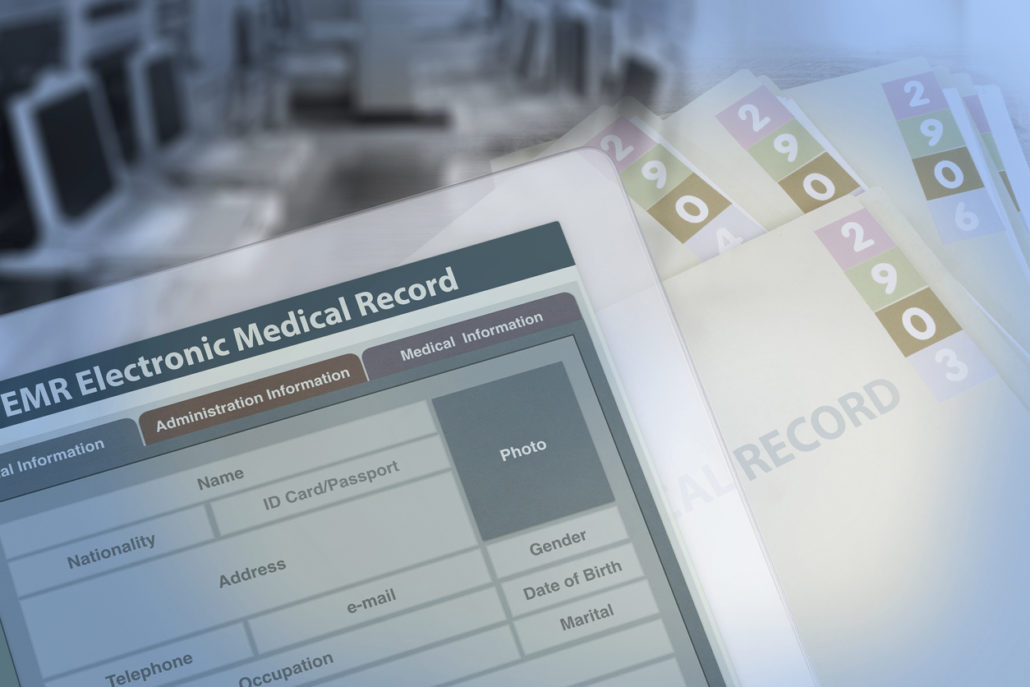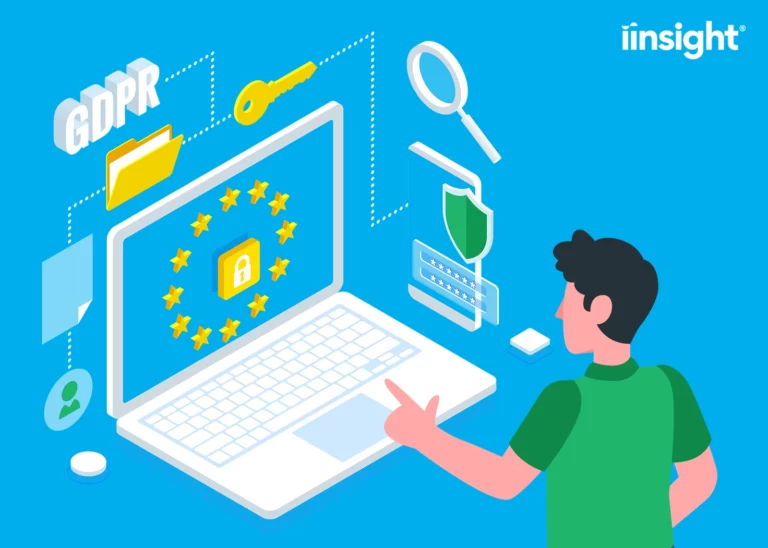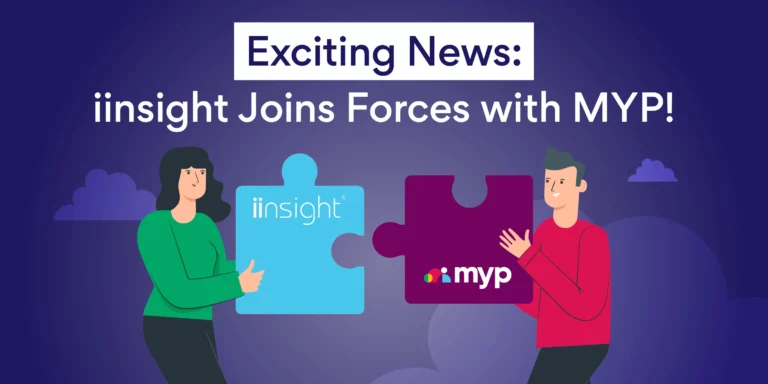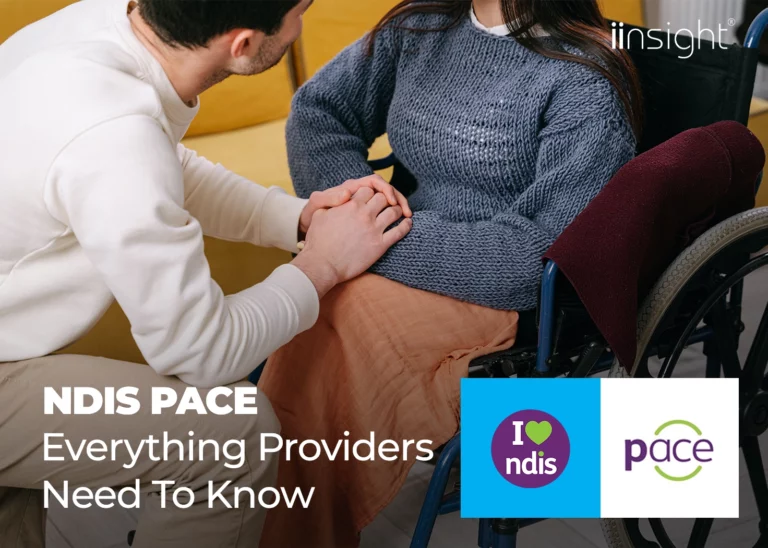Patient Case Management Software, for Greater Workloads
Allied health has become so much more accessible to so much more of the population across the globe. Where access to occupational therapy, dietary treatment, and physiotherapy was once restricted to the elite, it’s now a staple of many people’s lives. That means that clinics are busier than ever. More patients are looking for a practice to frequent, and the level of care they seek is greater than it’s ever been. In other words, allied health practices have the potential to be more successful than ever before, if they can cope with the workload, that is.
If your clinic is still operating with older patient case management software USA on the classic “office computer,” you’ll likely know what a bad workload looks like. You might find yourself typing out the same data spreadsheets multiple times due to needing the information on various programs. You might be keeping notes in pen and paper all over the office, which then end up forgotten when you need them most. You might find yourself filling out accounting spreadsheets and compliance checks a little too much compared to the time spent caring for patients. If that’s the case, keep on reading; you’ll see why it’s beneficial to switch fully over to electronic records and how allied health billing software UK can help.

The Right Software Includes Great Record Keeping
With the best practice management software Australia, you’ll have EHR already factored in. disability case management software Canada like iinsight includes easy tracking of client records as well as secure, cloud-based storage of patient data. In other words, you’re not relying on hardware to keep your data safe. It’s all stored in the cloud, where it’s backed up every 5 minutes and constantly monitored for issues. You’re also not forced to cross-reference appointment emails and online calendars with paper records to see what each of your patients needs, which takes far more time. With your appointment software for clinic in AU and medical records in the same place, you can more quickly and efficiently determine who needs a follow-up, who should receive appointment reminders, and who can be scheduled at a later date instead. Naturally, that time saved can be converted into new patients, which is all part of growth.
Mental Health Case Management Software is Safer
Many professionals rely on EHR simply because it’s much safer than any physical records. That’s especially true if you’re using cloud-based software. Cloud-stored records can’t be damaged, misplaced, or stolen, and they aren’t subject to risk from natural disasters hitting the practice. EHR can also be retrieved much faster and easier than physical records if you’re outside of your office. You can use a secure verification process to access the files you need from home, which saves you an unnecessary trip. Needless to say, if you want your practice to grow, you’ll want your patients to know that their privacy is in excellent hands.
The right mental health case management software Canada will help you optimise your business for a higher workload. Meanwhile, by switching to EHR, you can keep all previous and new records safe and easily accessible.












